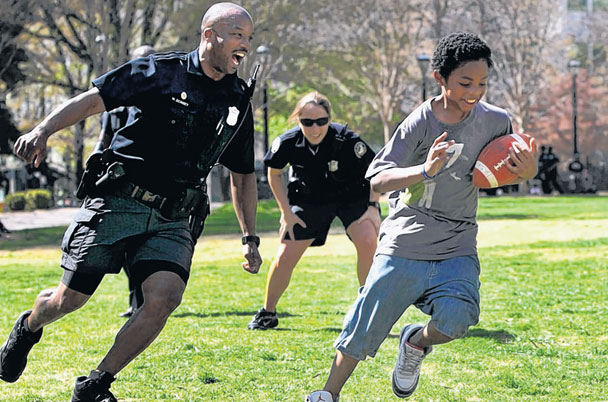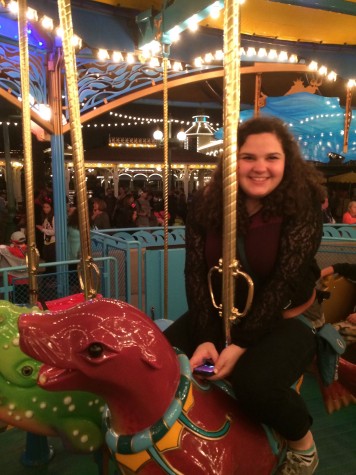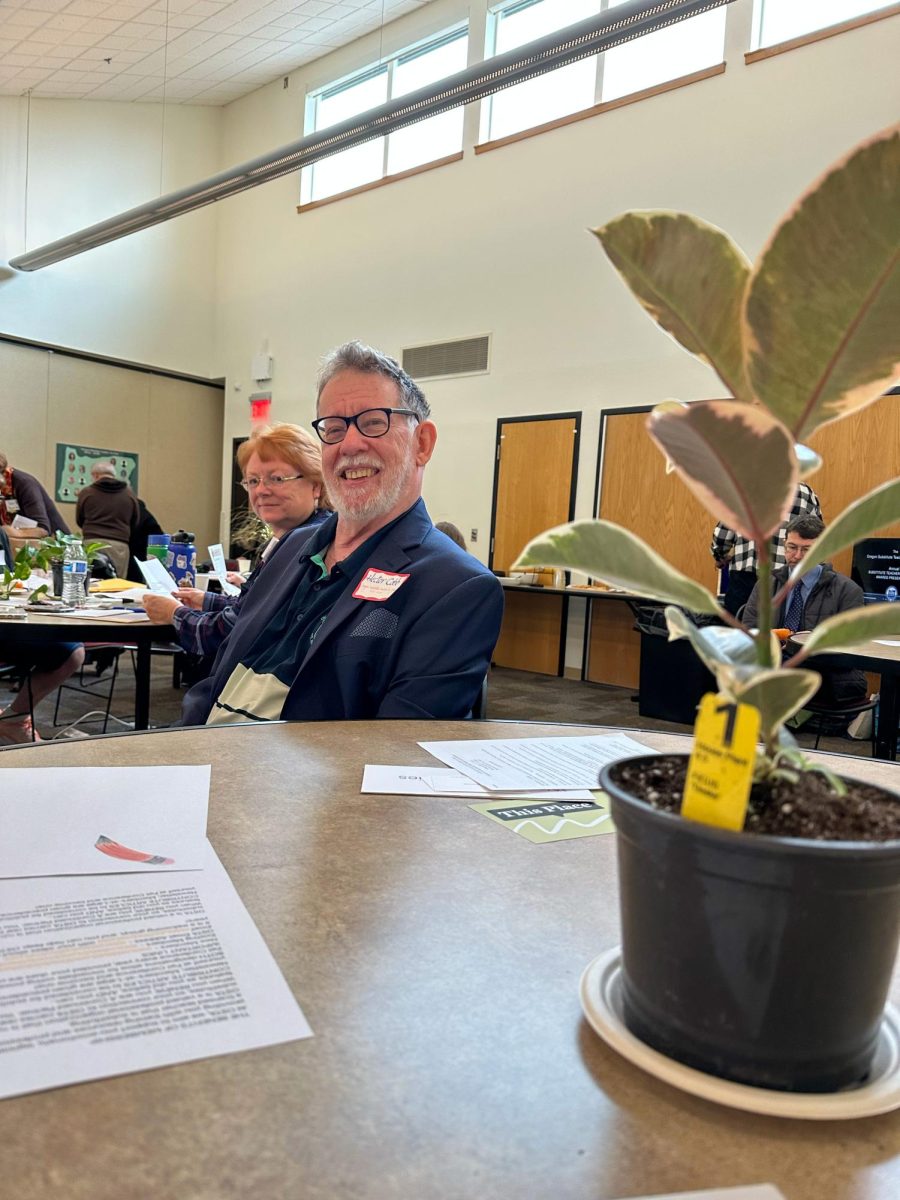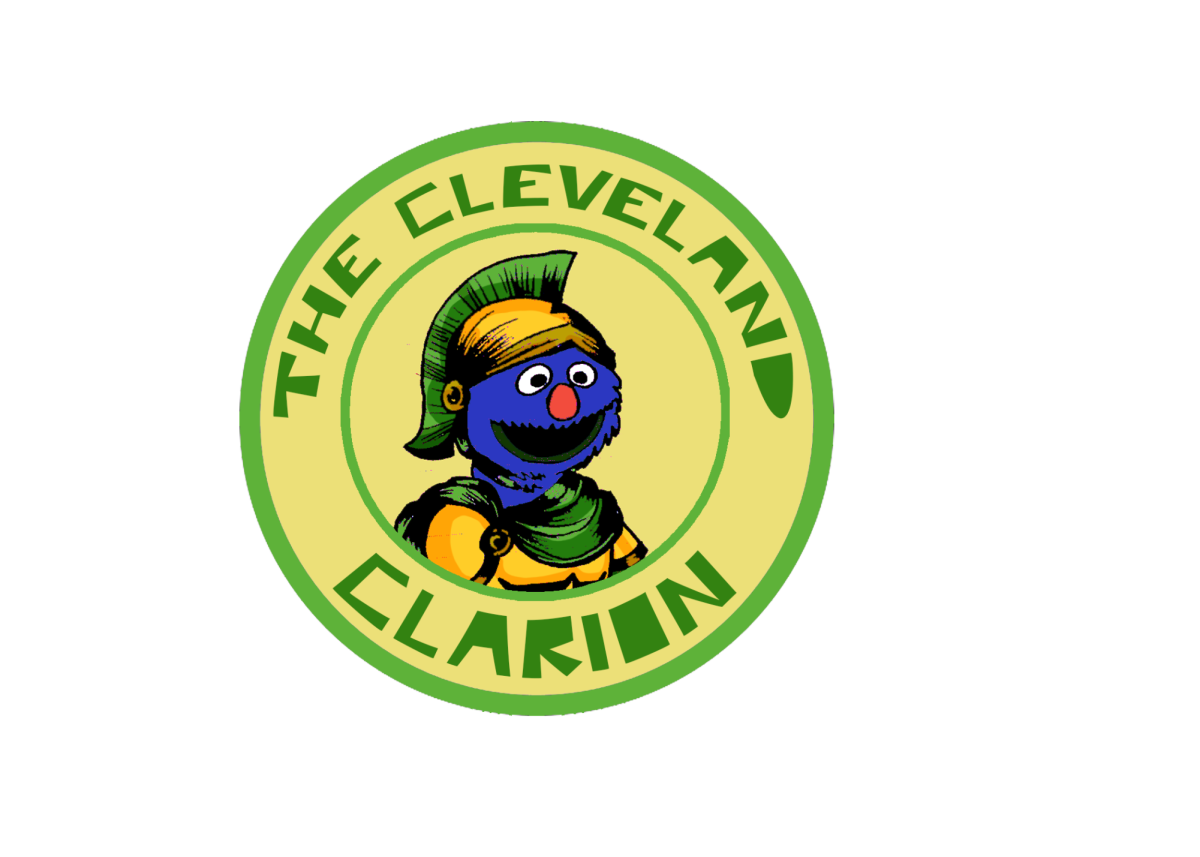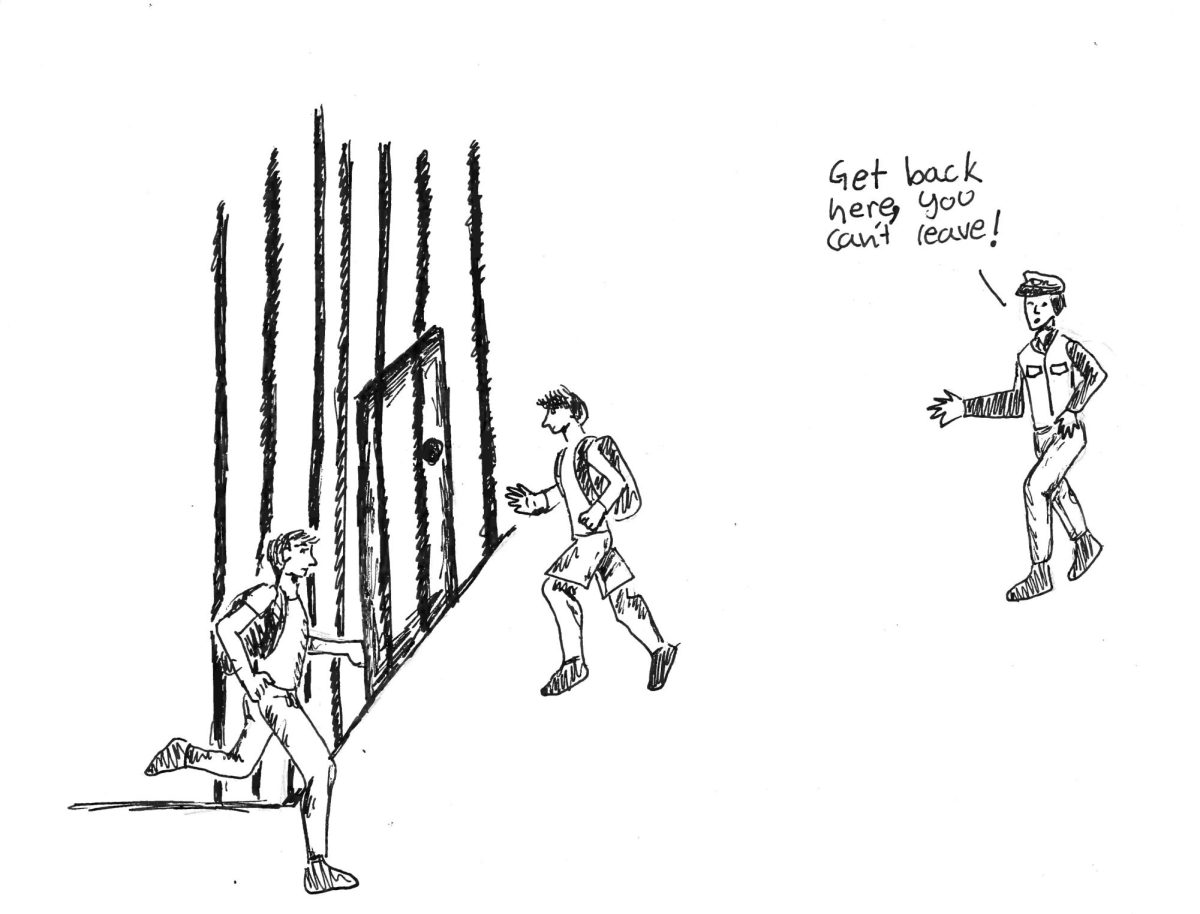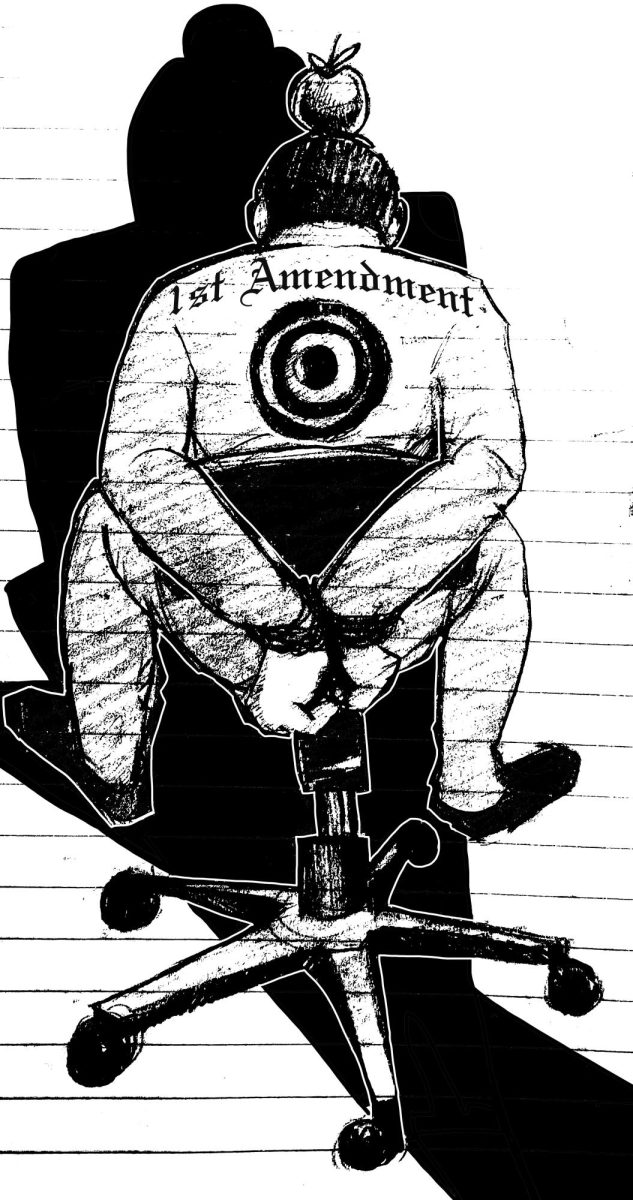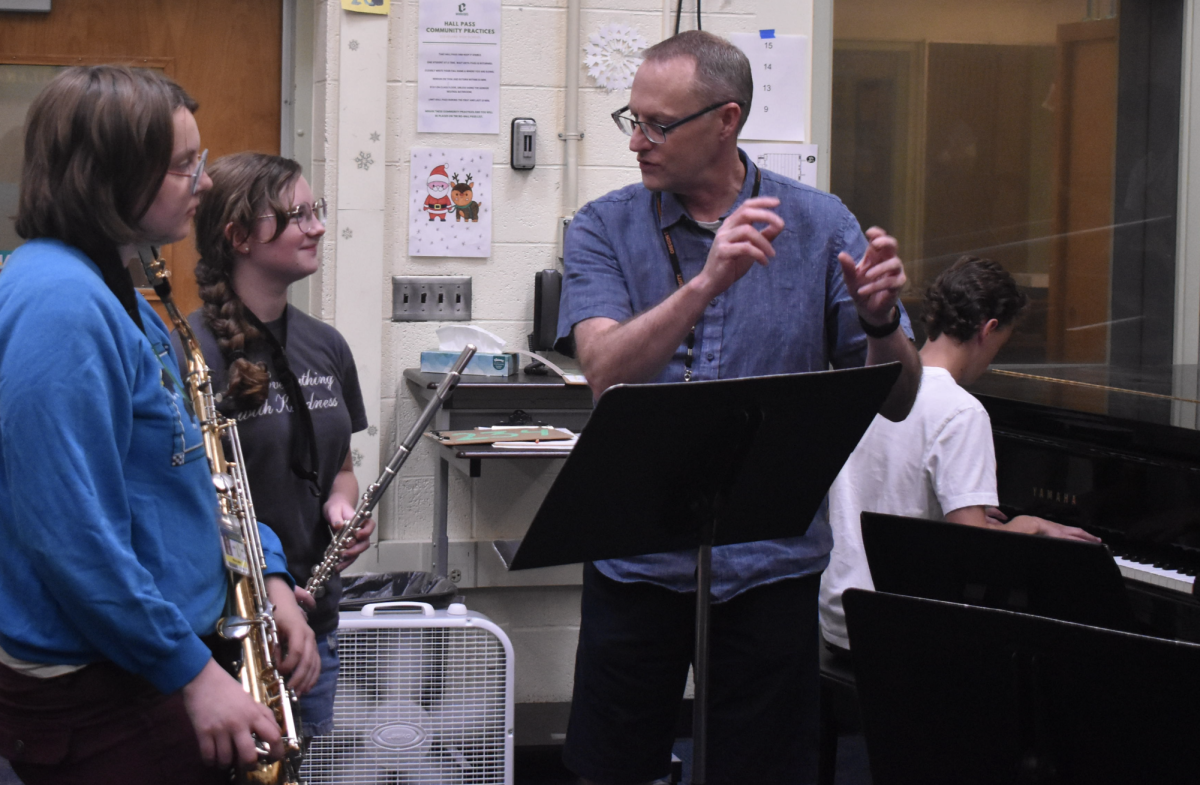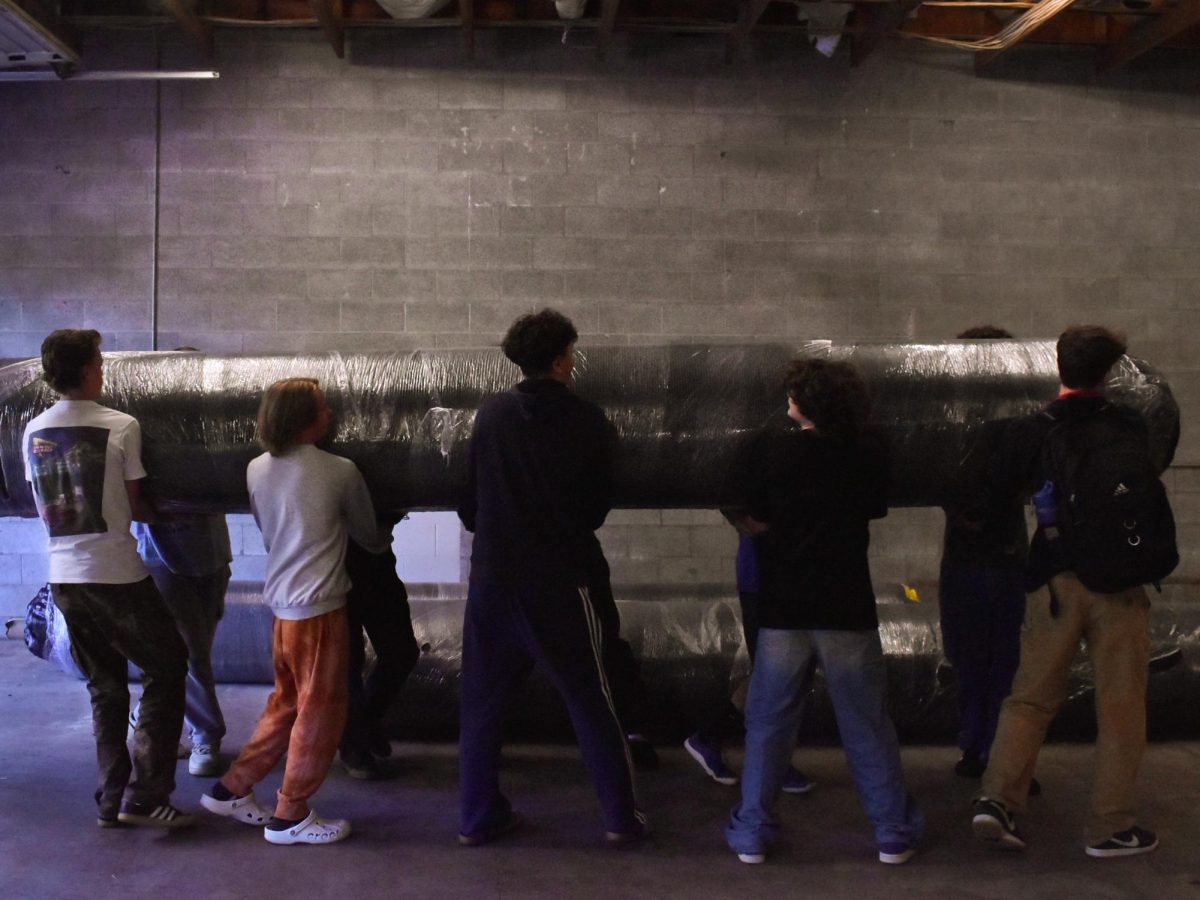Negative stereotypes can affect police officers too
January 19, 2016
It’s no secret that Facebook is chock-full of hidden time bombs just waiting to enrage and invoke controversy between users, so I probably should have known what I was getting into when I checked my phone to see a new notification. Upon investigating the message, I discovered a post to the Cleveland High Students page from a young woman I did not know, a Cleveland graduate. The inquiry seemed innocent enough; it asked for applications into the Portland Police Cadet Program. Below were a dozen comments, each with negative implications directed at the police.
Unfortunately, this display of blatant disrespect towards those in uniform does not come as a surprise. It seems as though young people go from aspiring to become police officers to bashing their existence within a number of years. With every passing second, the public loses more and more respect for those who risk their lives every day to ensure the safety of others. This lack of appreciation can have a number of attributes—the media’s twisted version of the truth, negative personal experiences with officers, peer influence, and more. Even so, it’s bewildering to see such ignorant slander on an innocent Facebook post, and better yet, all coming from seemingly considerate Cleveland students.
It’s not difficult to understand where this hostility comes from. Almost all cases within the media involving police officers employ a negative, incomplete spin on a situation. Individuals involved adopt “victim” and “perpetrator” roles, which are hardly ever accurate representations of what actually happened at the scene of the event. Black and white allegations are made birthing perspectives on events that couldn’t be farther from the truth. Instances where police officers put their lives on the line to better a community or save the life of another are scarcely ever publicized; instead, those in uniform get reputations as racists and blood thirsty killers. These depictions are almost always frighteningly inaccurate, yet the public seems to embrace every reason to criminalize officers. We are quick to jump to the “victim’s” defense without further investigation into what really happened. The public assumes that the officer was in the wrong because of their apparent disregard for the police department, not because they have done careful research into the facts of the case. It’s true, for the most part, offending police officers depicted in the media have had their fair share of wrongdoings. Even so, it is important to keep in mind that these aberrations do not account for the entire police force and a case-by-case evaluation of incidents and people is absolutely imperative.
Certainly, there is corruption within the system of law enforcement. As the media has made scarily apparent, there are humongous issues with racial profiling, prejudice, discrimination, and unjust use of weapons and violence. We have not even begun to tackle these problems, and with every breaking tragedy, it is becoming increasingly evident that we are in need of change. The problem with this coverage, though, is that it creates a divide between the public and the police force, when what we truly need is to come together to solve these problems. Carrying the perspective that all police officers are bad seeds does not help to form solutions—it only lengthens the process.
Ironically, the people who seem to perpetuate these hateful stereotypes also want to eradicate issues with prejudice. Obviously, not all police officers are racists or discriminative illiterates, but we group them together and say that they are. This pot is definitely calling the kettle black, which really does not accomplish anything. If you are passionate to eliminate prejudice within any system of government, shouldn’t you practice evaluating each person individually in all forms of judgment? These generalizations only perpetuate the mentality of stereotyping and further us from resolving issues with discrimination. If you want to fight for the cause, please take your blanket statements elsewhere.
Bottom line, most police officers do their jobs well and deserve our utmost respect. It is crucial to investigate all facts in a situation before forming a perspective on it. We want to work towards bettering systems of law enforcement, and to do so, we need to cooperate with police officers and evaluate each person individually. Most importantly, if what you have to say about the police isn’t kind or helpful, keep it to yourself.



